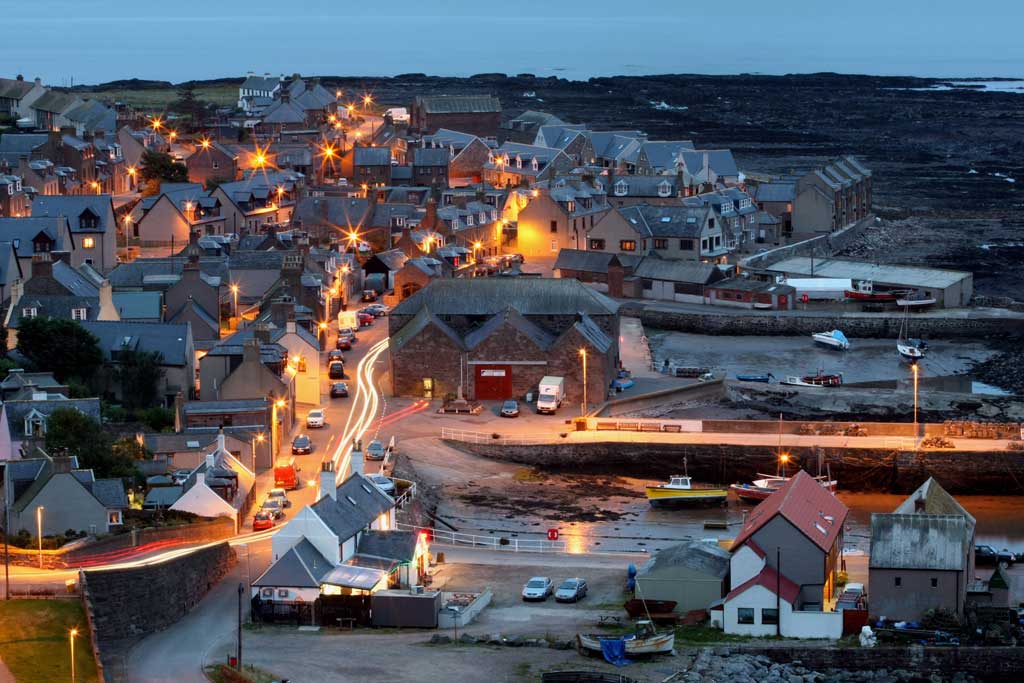Anyone's Game, By Lesley Chamberlain
From Russia to Scotland, this novel of one woman's journey tells the story of a century

Lesley Chamberlain has an excellent track record in tackling the history of ideas. Her Nietzsche in Turin shone a sympathetic light on the last year of the philosopher's life before his final breakdown, and in The Philosophy Steamer she uncovered the lost world of Russia's intelligentsia at the level of ordinary human experience.
Anyone's Game is a laudably unsentimental novel in the same tradition, allowing the weight of history to be leavened with a sense of an extraordinary life being lived. Aged 19, with ideals intact, Sophie Asmus flees post-Revolutionary Russia in search of truth and self-knowledge. The only child of enlightened doctors, she has learned to value reason, together with a vague notion of being "true to herself". Her heart is set on Paris, but Paris must wait, for in Constantinople she meets Duncan McFadden, a lieutenant serving with the British army.
They marry in love and on impulse, after which Duncan takes his bride home to the north-east coast of Scotland, to the cold granite house shared with his two unmarried sisters. The tiny fishing port of Knockie is relentlessly inward-looking and Presbyterian, dividing itself "along the lines of the damned and the saved". Having grown up a free spirit, Sophie is stultified by the small village and its small minds. In their turn the villagers are wary of Sophie's foreignness, her modern ideas and exotic clothes. Chamberlain conjures up the feel of the place with a spirited economy that put this reader in mind of Penelope Fitzgerald (there is no greater praise).
Inevitably, love's young dream begins to pall. In order to "fit in", Duncan starts going to church, a habit that Sophie judges to be "hypocrisy and feebleness". When their son Alex – Leksy – is born, Duncan wants him christened. This gives rise to a rare authorial lapse in what is otherwise a pitch-perfect evocation of this part of Scotland. "The vicar asked about a date," Duncan says, and later we read about the priest – though in such a place there could only have been ministers of the kirk.
When Leksy is three, Sophie leaves her marriage and Scotland to embark on the long voyage of self-discovery that will take her to London, Cambridge and Paris. But first she returns to Moscow, which is burdened by another kind of conformity. Children were being schooled as soldiers, while university teachers functioned "like policemen". Life was becoming dangerous. "You couldn't read… you dared not go out on the street." Sophie did read and go out, though when they came to arrest her "she was already gone".
Chamberlain's intelligent writing reflects Sophie's own exhilaration, creating a healthy tension. Much of the story is moved on through dialogue, some strange and elliptical, yet catching the rhythms of the characters' thoughts and suited to their strange times. Ideas also come this way and let us eavesdrop on history in the making. "Revolutions are not what you read in the papers," Sophie says. "They're about liberating ourselves from the irrationality of the past." The difficult life of Sophie Asmus is thrilling, not least because her own liberation comes at a cost. She is a remarkable and haunting creation.
Jennie Erdal's novel 'The Missing Shade of Blue' is published by Abacus
Join our commenting forum
Join thought-provoking conversations, follow other Independent readers and see their replies
Comments